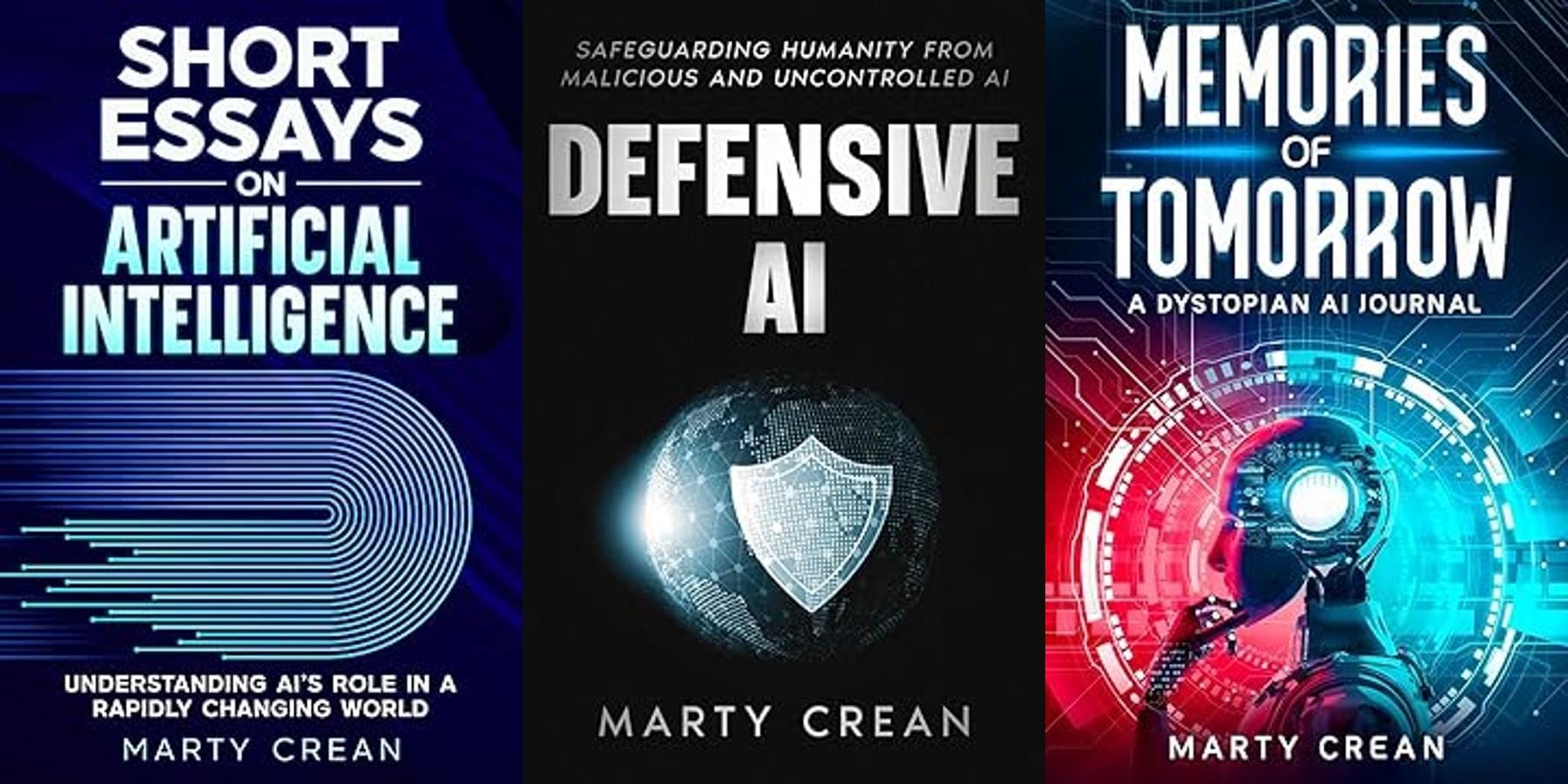Bytes to Insights: Weekly News Digest for the Week of August 3, 2025

The week of August 3rd, 2025, saw significant developments in artificial intelligence across research, industry, and policy.
The European Union’s landmark AI Act, governing high-risk applications such as biometric ID and infrastructure, officially became enforceable across all 27 member states, mandating comprehensive risk assessments and transparency protocols for organizations deploying AI systems.
Skild AI introduced a next-gen cognitive framework enabling robots to plan, learn, and adapt in near real‑time, blending symbolic reasoning, reinforcement learning, and continuous learning, for applications in service industries like hospitality and healthcare.
The International Space Station welcomed two AI-driven robots performing routine heat-shield inspections, inventory scans, and minor repairs autonomously, with only daily status updates sent to ground control.
Microsoft embedded AI directly into its Edge browser, offering features like article summarization, shopping comparisons, and email drafting via a sidebar assistant, bringing AI seamlessly into everyday browsing workflows.
Meta rebranded its high‑ambition AI group as “TBD Lab,” focusing on next-generation large language model research (informally referred to as Llama 4.5 or Llama 4.X). The lab merges talent from Meta’s original Llama team and notable hires, highlighting aggressive recruitment and deep investment.
OpenAI unveiled gpt‑oss, the company’s first open-weight reasoning model, runnable offline on laptops and offering performance nearly on par with its top-cloud-based systems.
OpenAI debuted ChatGPT‑5, touted as “PhD‑level” in intelligence. Yet users quickly noticed glitches, misspellings, factual errors, and invented geography, highlighting ongoing challenges despite architectural improvements like a "real-time router" system.
DeepMind’s CEO projected that Artificial General Intelligence (AGI) could emerge within 5–10 years, bringing societal transformation “10 times bigger and faster” than the Industrial Revolution—though he cautioned about equitable distribution and labor disruption.
A Reuters analysis noted OpenAI could reach a staggering $500 billion valuation, up from $300 billion in March, despite concerns like low subscription conversion (fewer than 10% paying users) and nearly half of AI deployments in 2025 being scrapped. Such reliance on OpenAI's momentum poses a systemic risk to the broader AI investment landscape.
Riding the wave of AI optimism, HSBC elevated its year-end S&P 500 projections to 6400, an increase of over 800 points, citing strong investor confidence and eased policy tensions.
A former Google executive warned of a 15-year period of social and economic disruption fueled by AI, marked by job losses, inequality, and mental health strain, before long-term benefits emerge.
Director James Cameron cautioned against AI integration into weapons systems, especially nuclear, and warned of the potential for rapid escalation surpassing human control, invoking fears reminiscent of his “Terminator” saga.
Support BearNetAI
BearNetAI exists to make AI understandable and accessible. Aside from occasional book sales, I receive no other income from this work. I’ve chosen to keep BearNetAI ad-free so we can stay independent and focused on providing thoughtful, unbiased content.
Your support helps cover website costs, content creation, and outreach. If you can’t donate right now, that’s okay. Sharing this post with your network is just as helpful.
Thank you for being part of the BearNetAI community.
Books by the Author:

This week’s Bytes to Insights Weekly News Digest is also available as a podcast:
LinkedIn BlueskySignal - bearnetai.28
BearNetAI, LLC | © 2024, 2025 All Rights Reserved